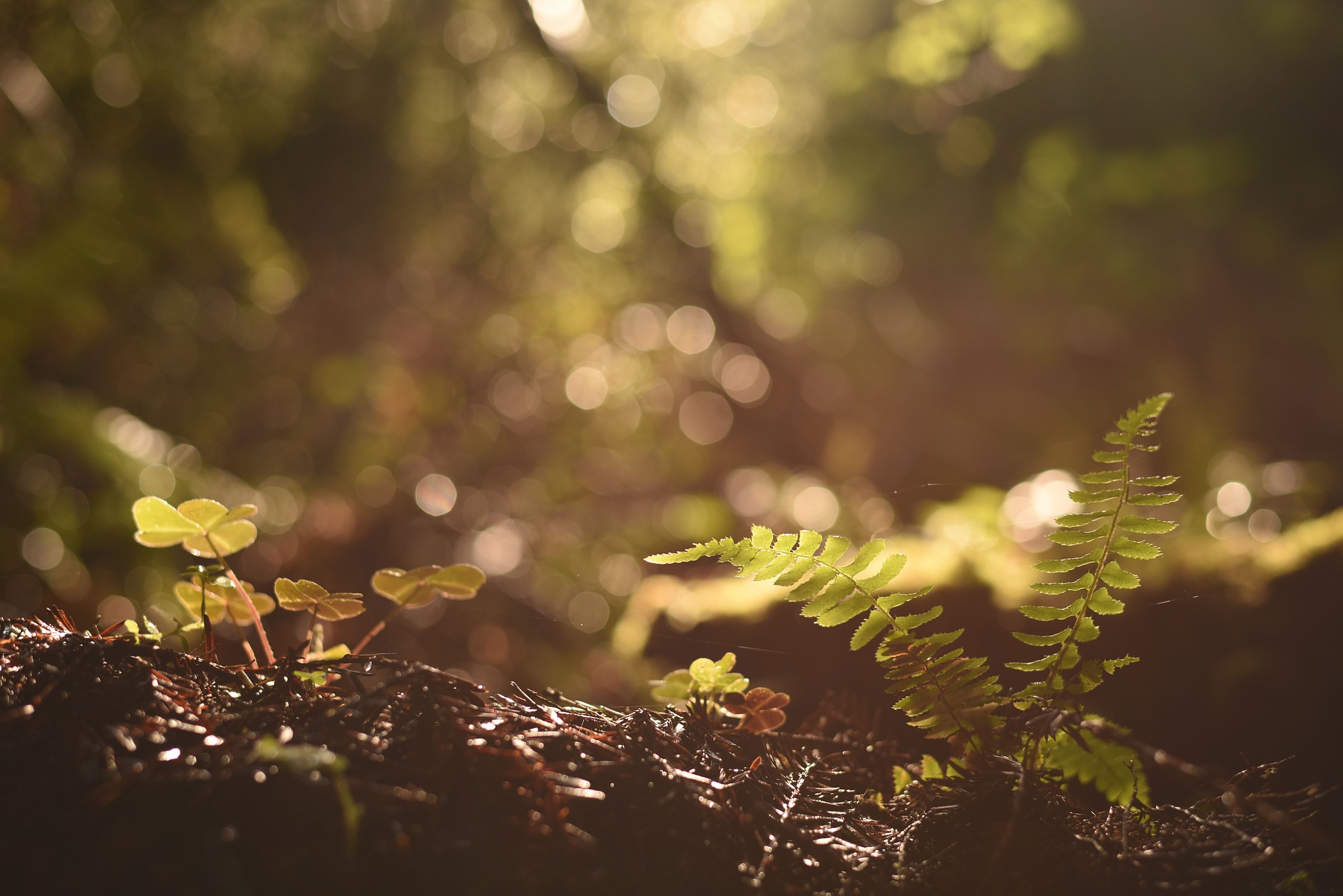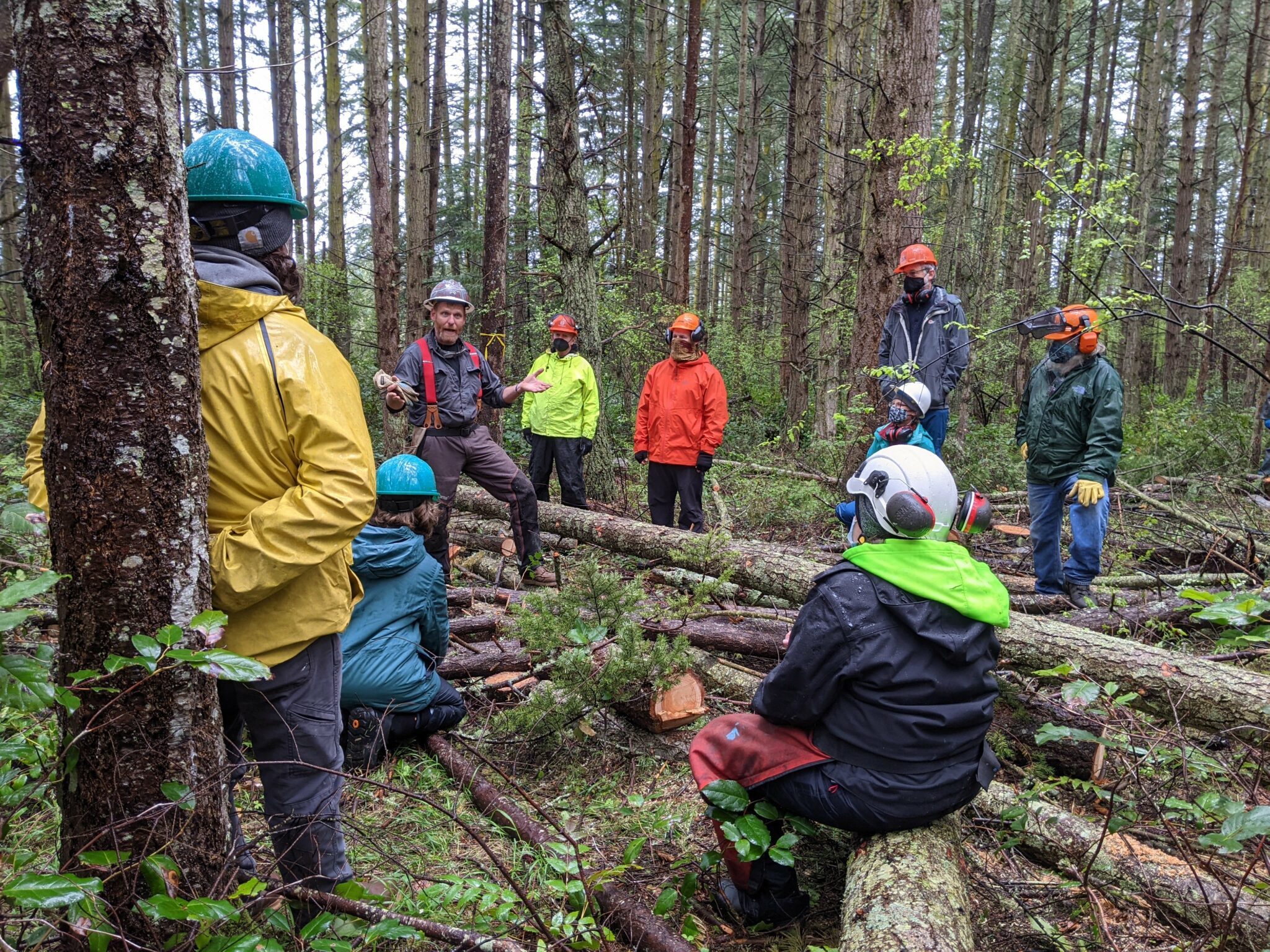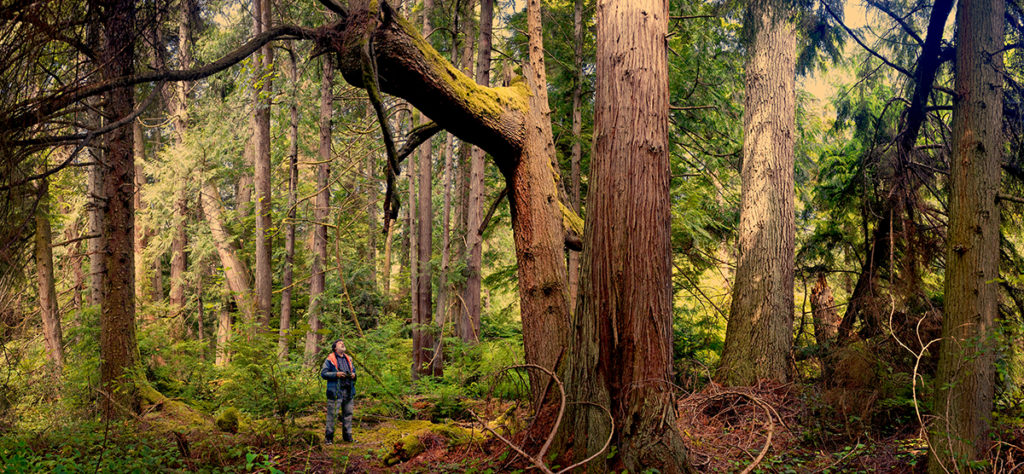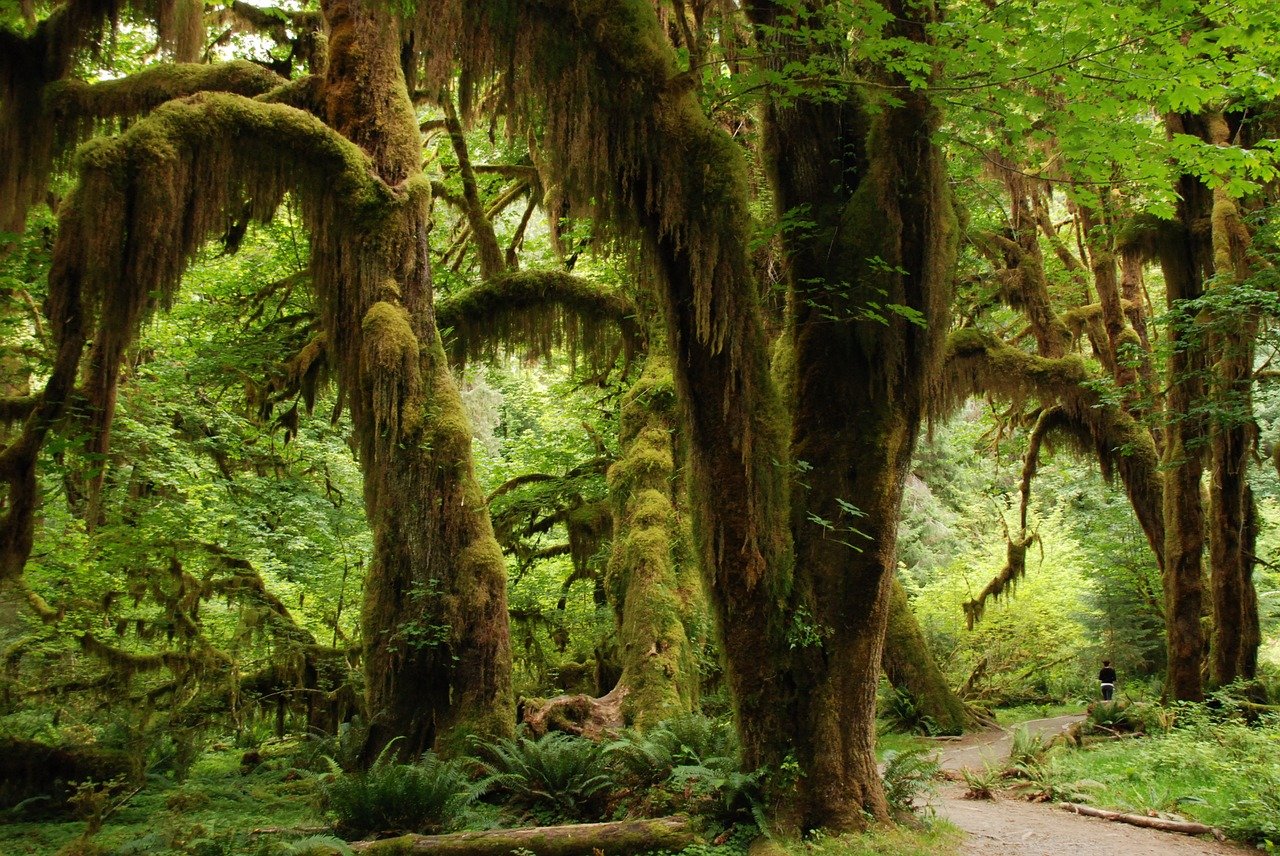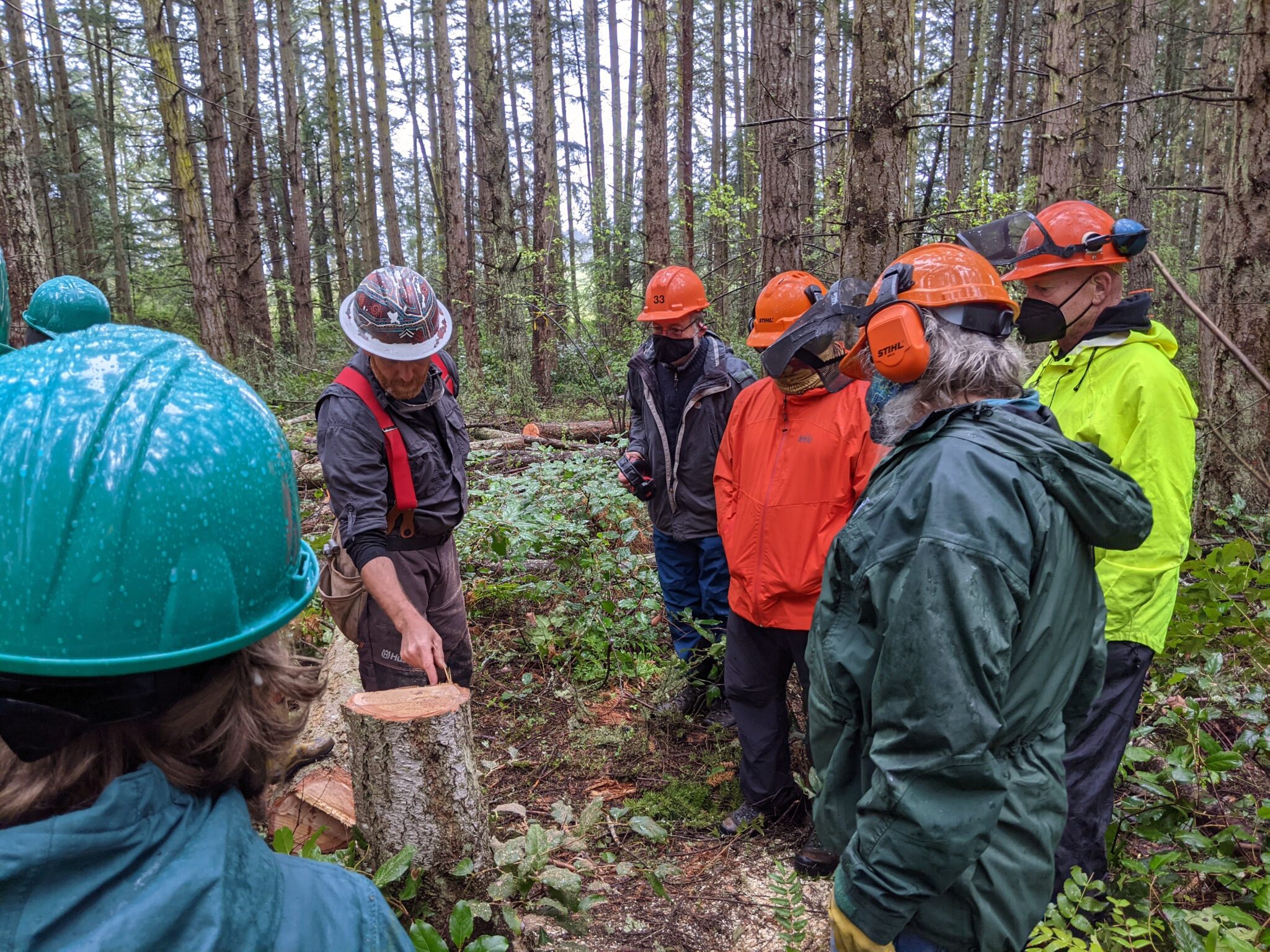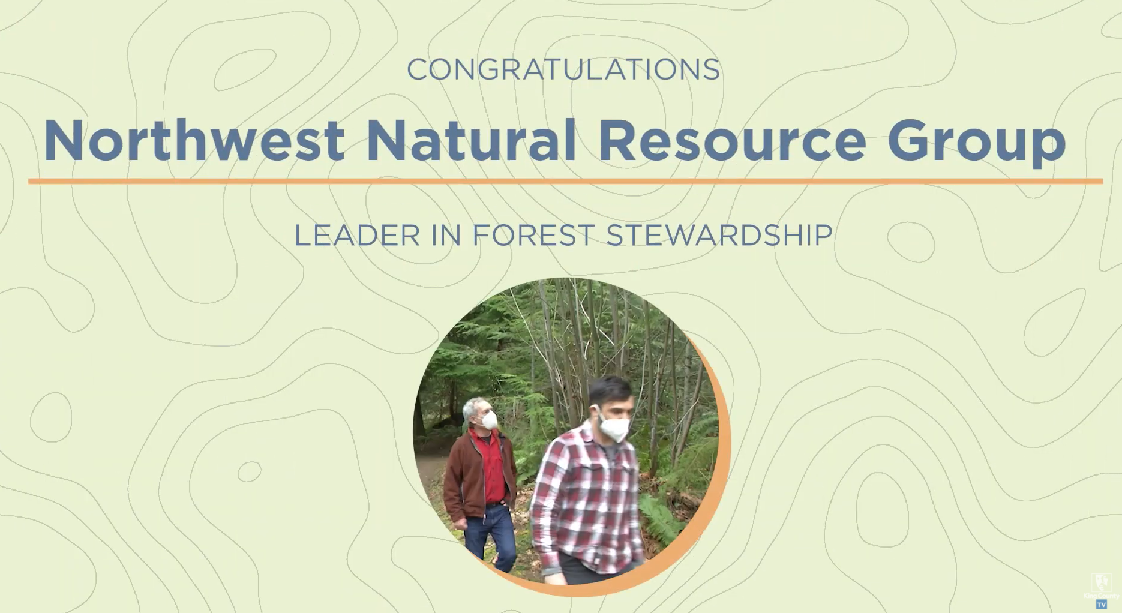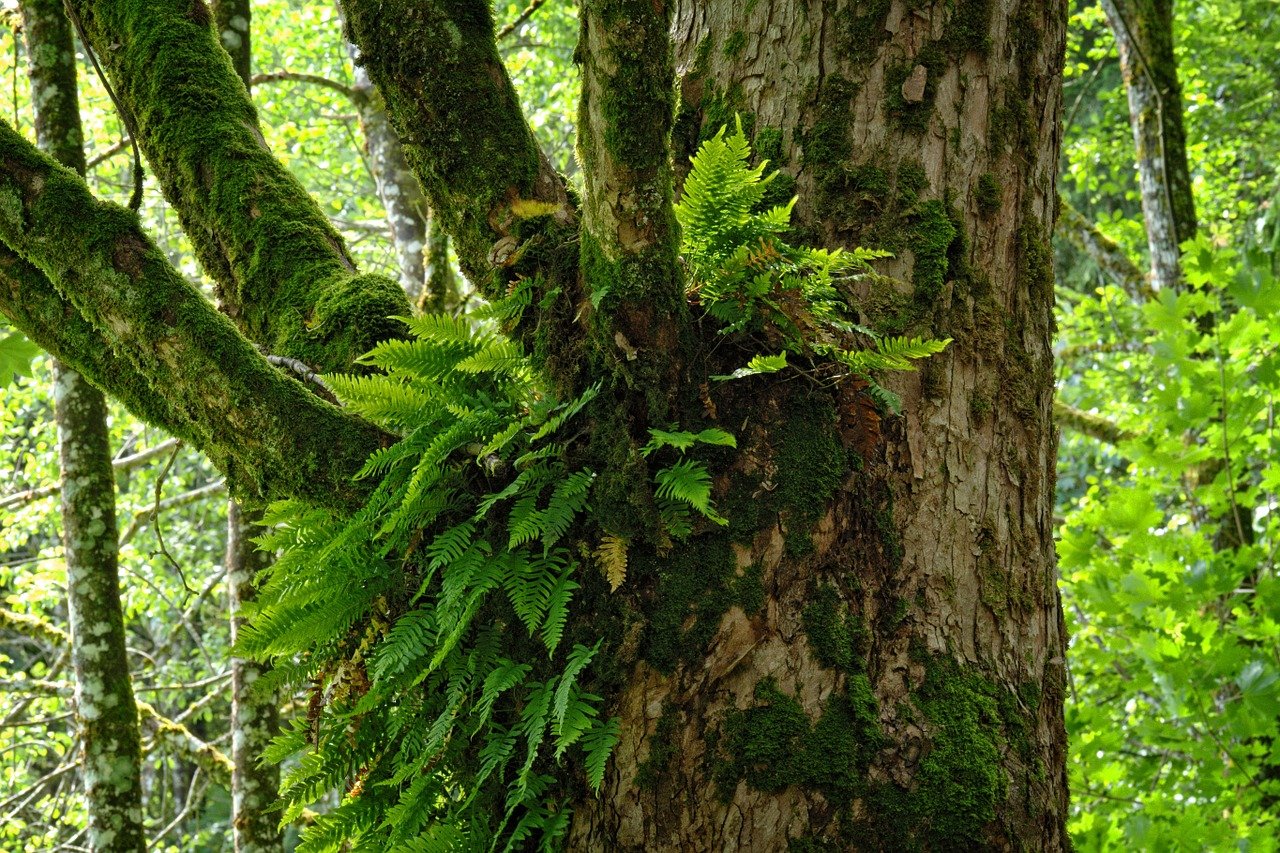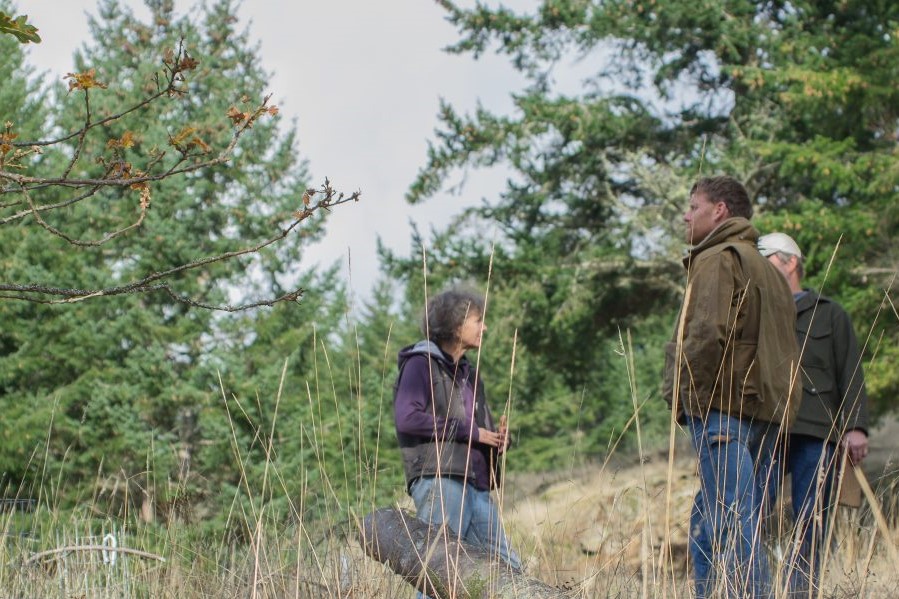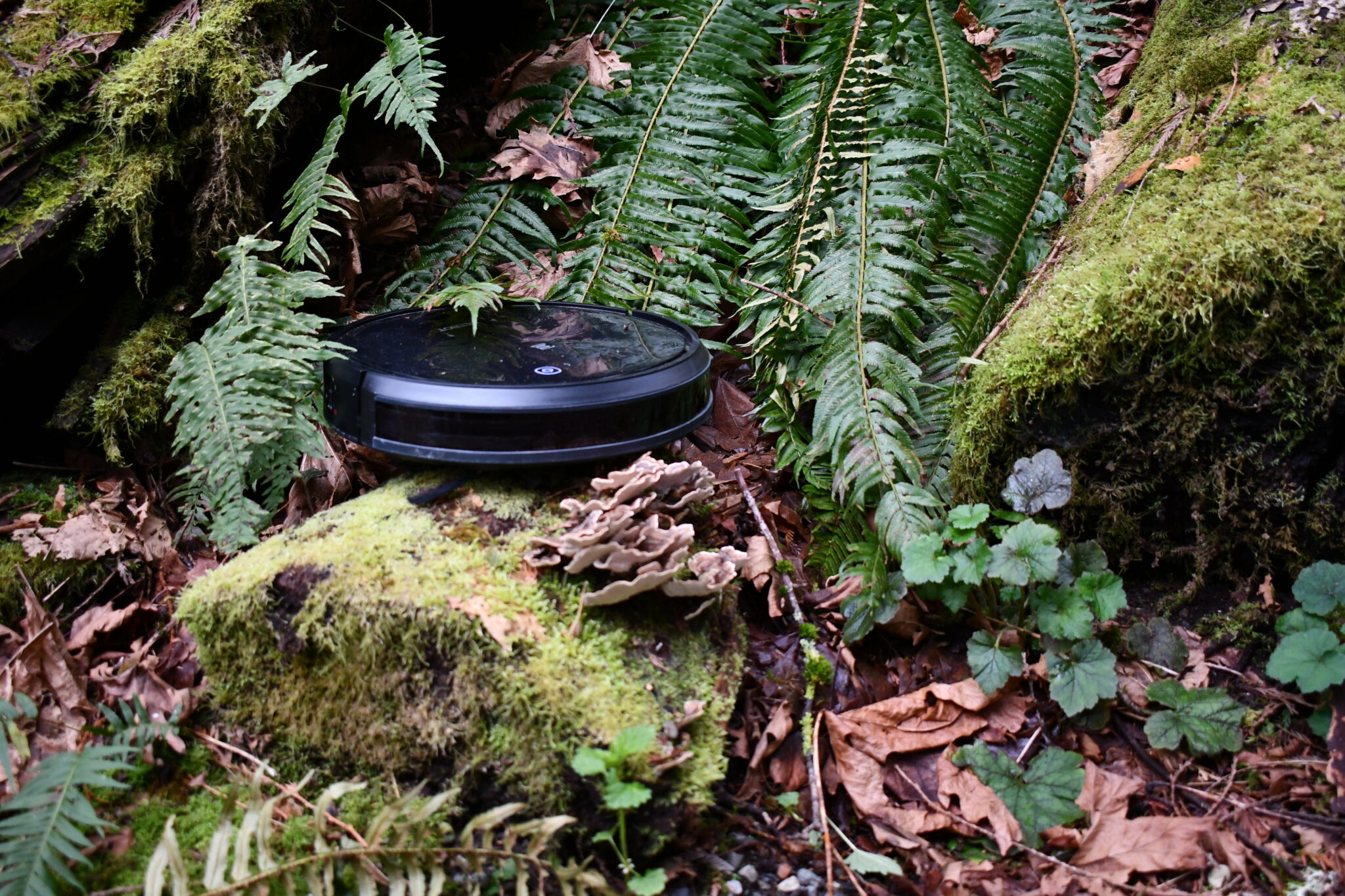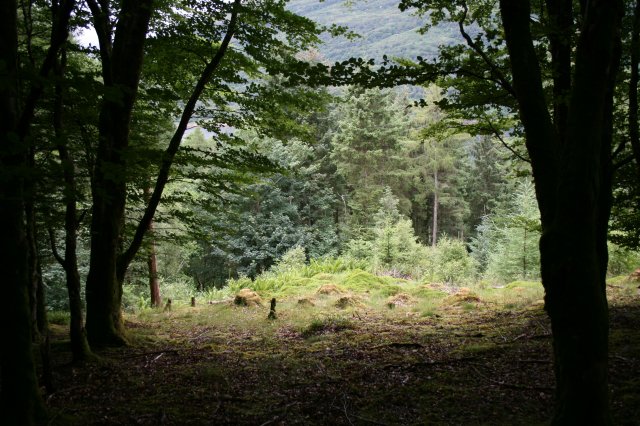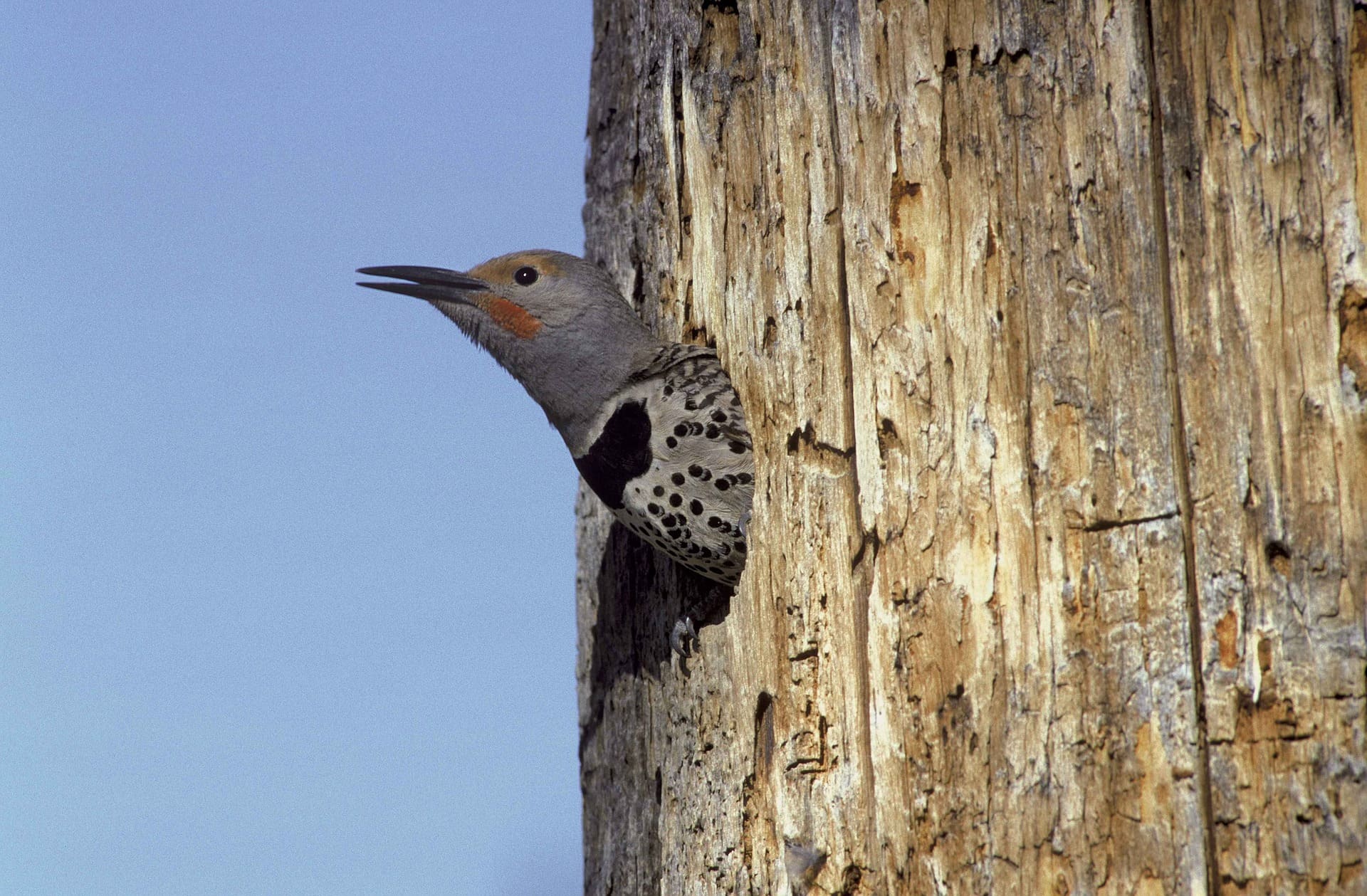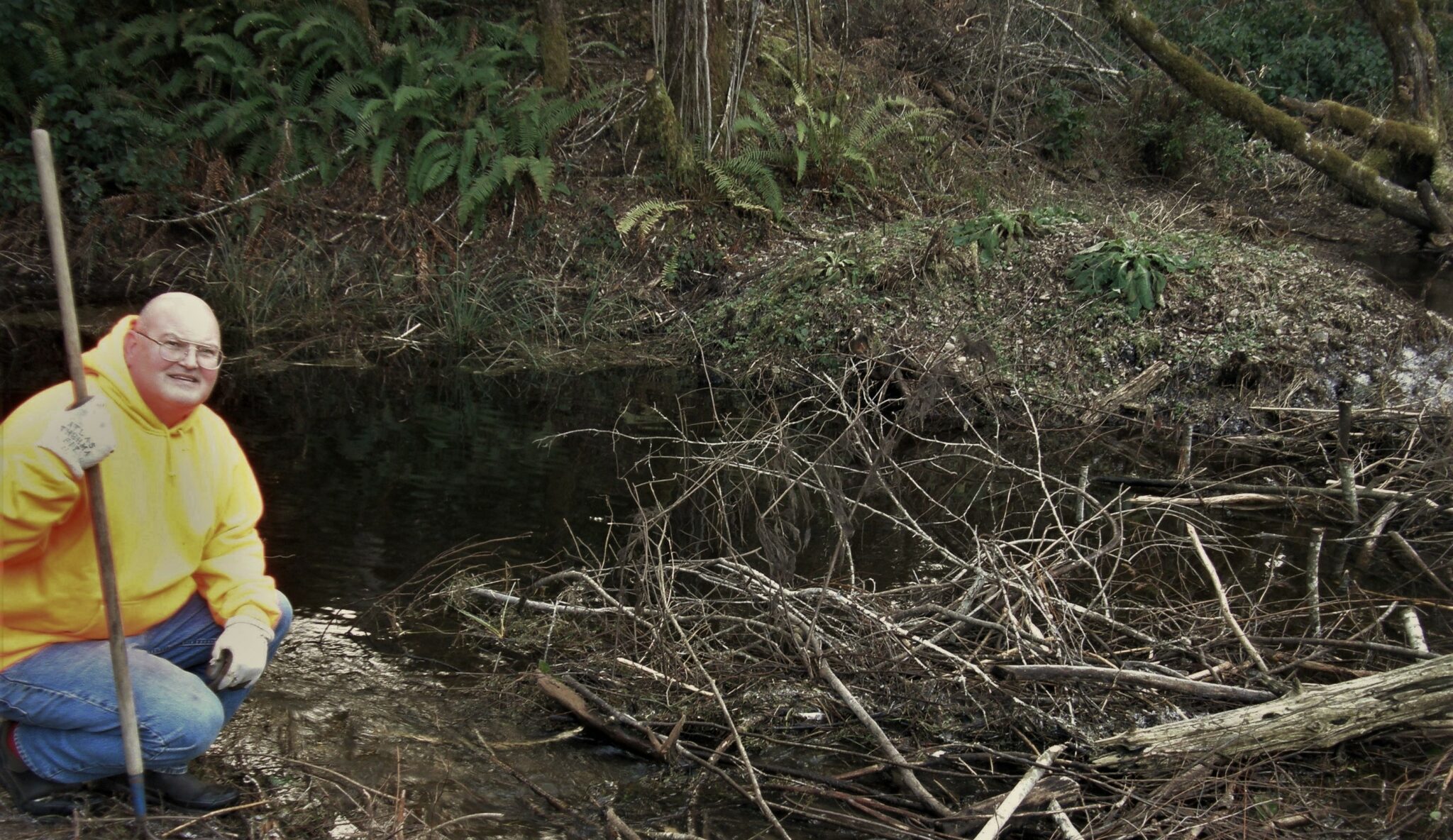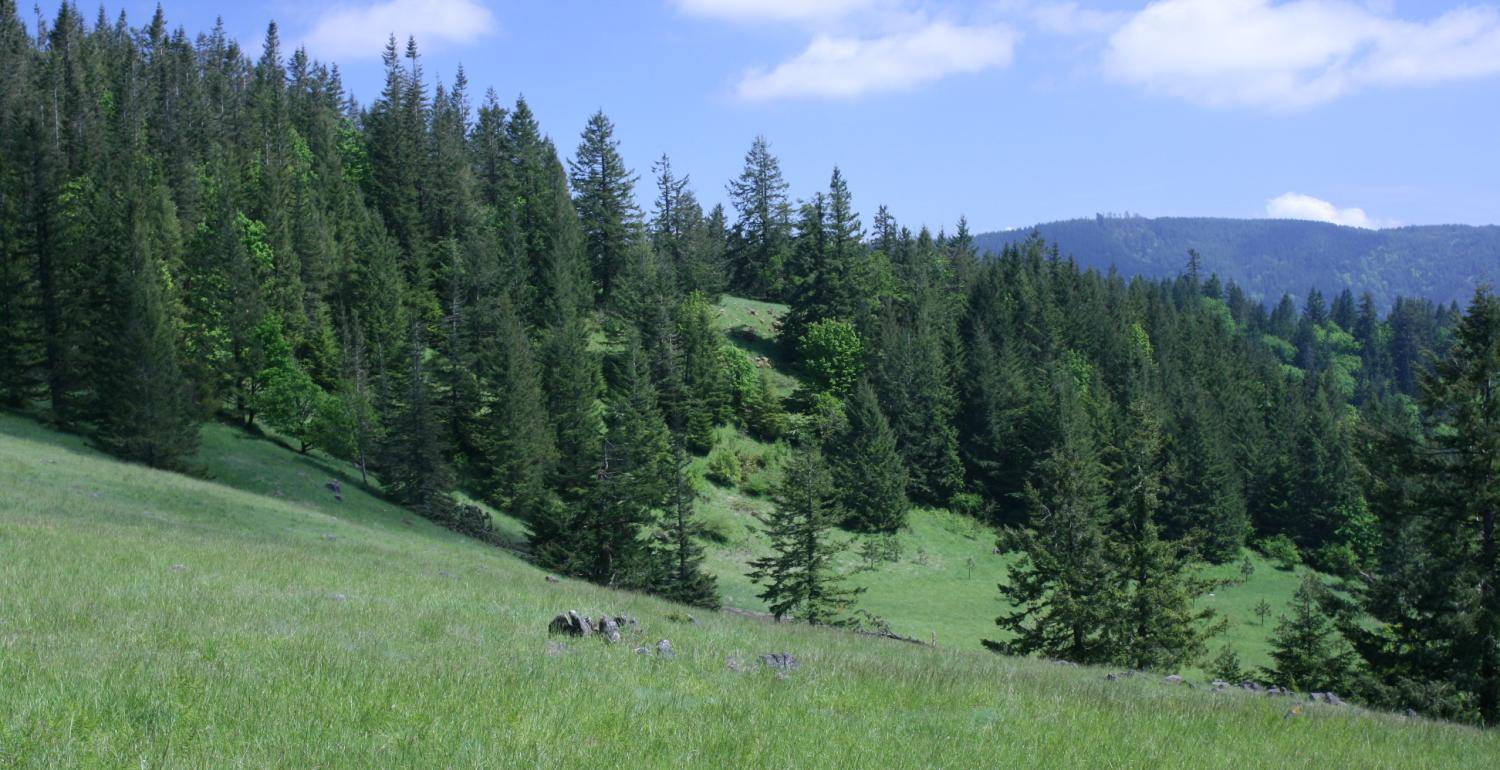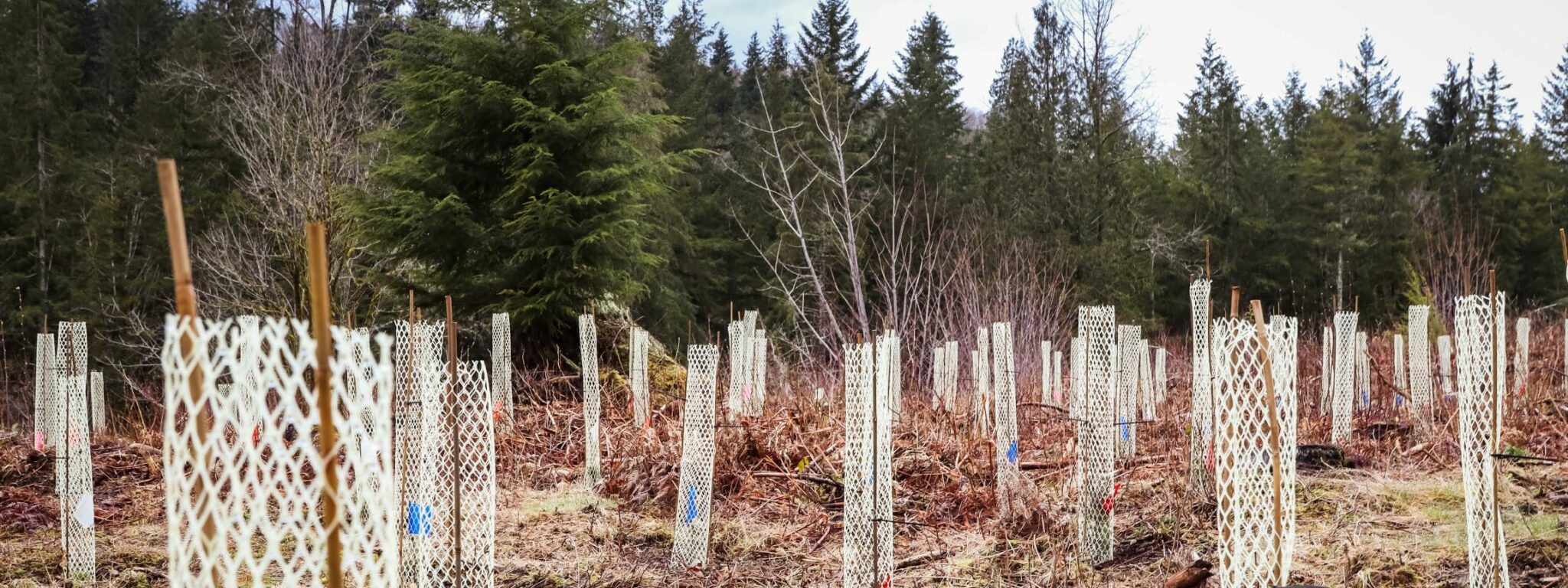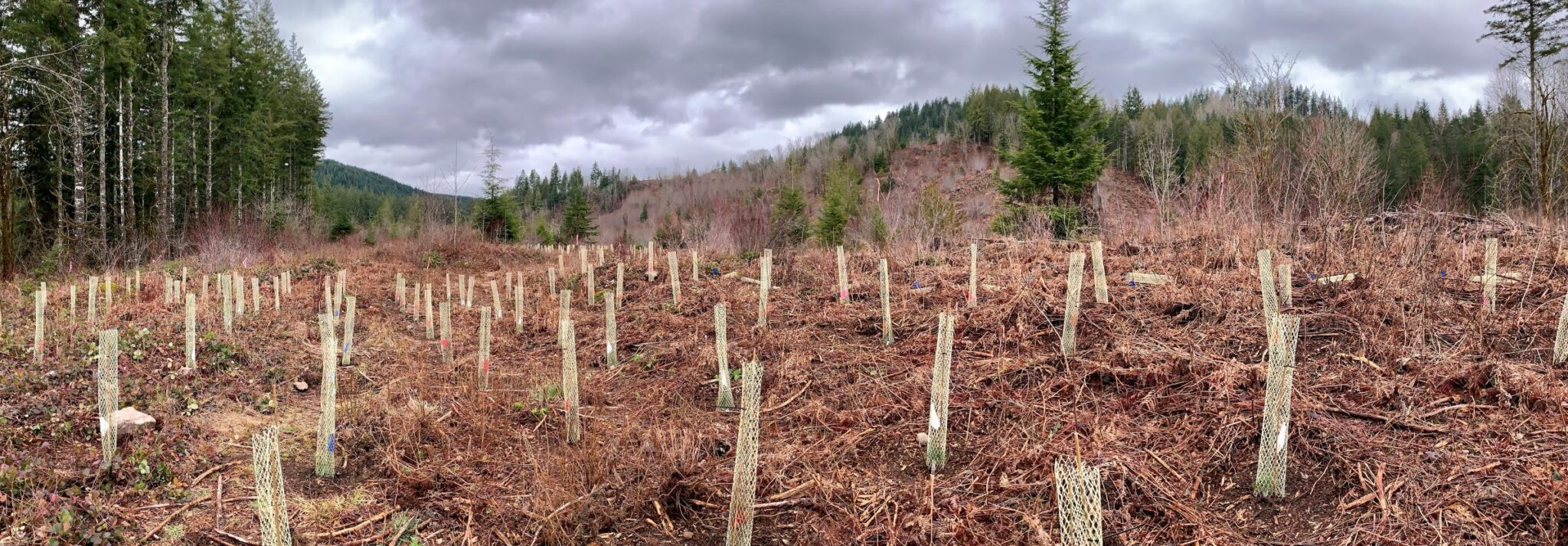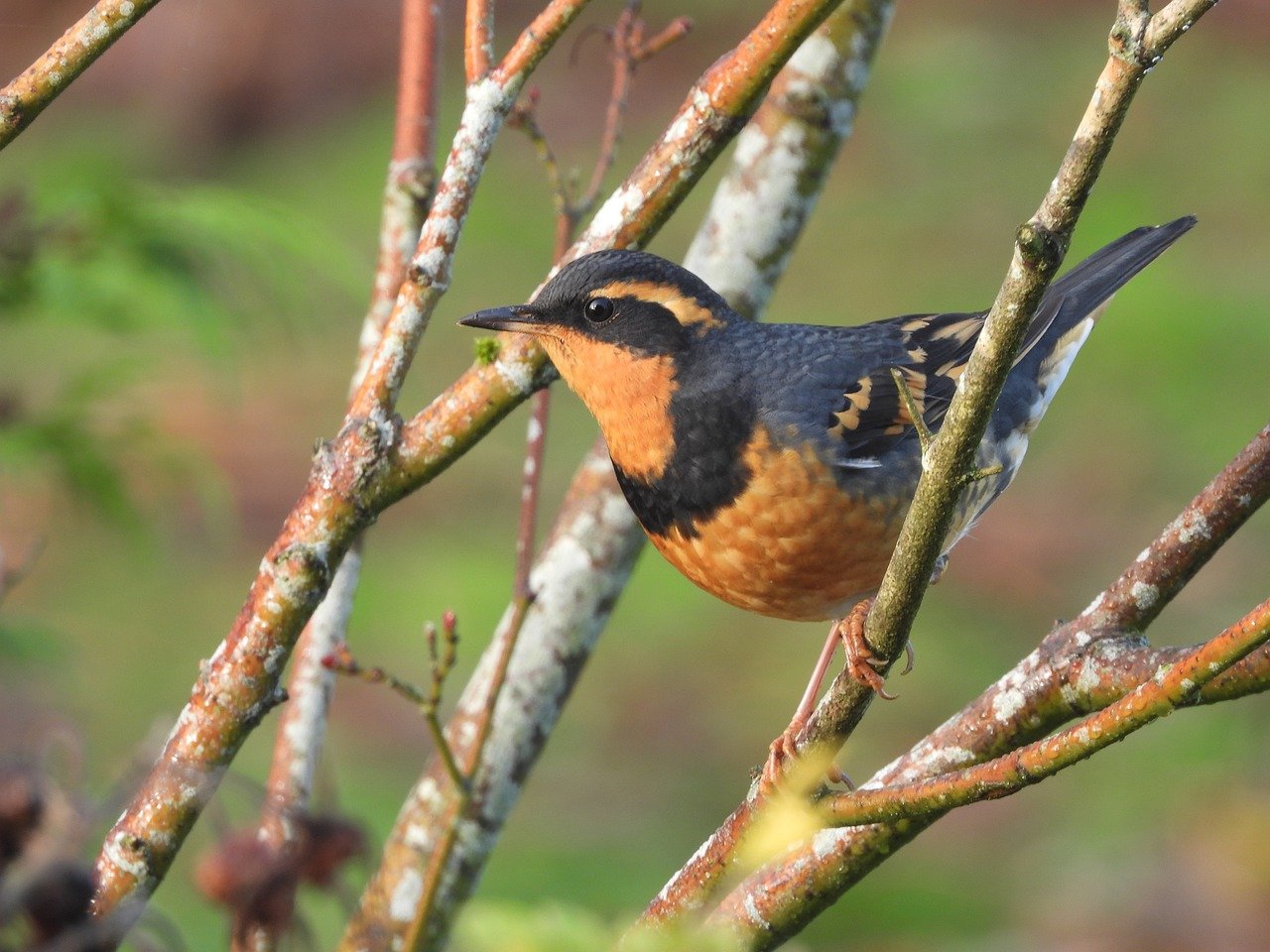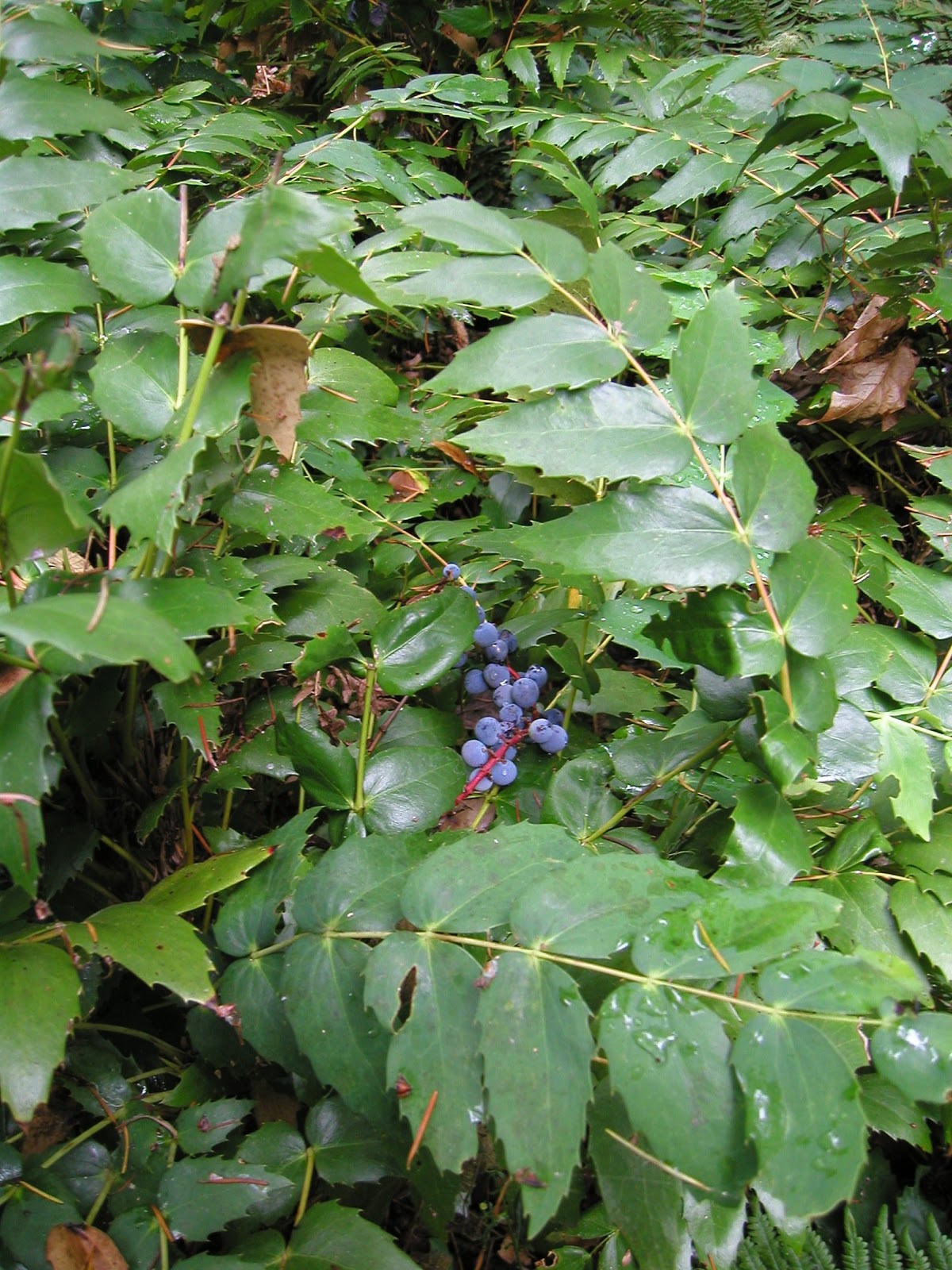Northwest Natural Resource Group is pleased to be heading into the dog days of summer with three new team members! GUSTAVO SEGURA FLORES | Forestry Technician Gustavo was raised in the central coast of California with a large focus on traditional agriculture. Seeking a more temperate climate, Gustavo relocated to Grays Harbor County in 2017 […]
Soil Stewardship Basics
Forest stewardship can be thought of as synonymous with soil stewardship. Healthy soils sustain wildlife habitat, grow high-quality timber, improve your forest’s resilience to stressors like drought, heat, and pests, and store carbon. So how does one become an expert in forest soils? Below we outline the fundamentals of soil stewardship and direct you to […]
Hands-On Forest Health Strategies for Jefferson County Forest Owners
Learn hands-on strategies for managing healthy forests in Jefferson County Many forest owners across Jefferson County are interested in taking a hands-on approach to improving the health, resilience and productivity of their forests, but lack the information, skills and resources to do so. At this workshop, local and regional experts will introduce forest owners to […]
This Forest on the Kitsap is Protected – Forever
Photo credit: Joe Walsh. On Washington’s Kitsap Peninsula – that arrow-shaped piece of land between Puget Sound and the Olympic Peninsula – Great Peninsula Conservancy is working to conserve and restore degraded shorelines, peat bogs, forests, saltwater marshes, and salmon-bearing streams. The lands and waters under Great Peninsula Conservancy’s care are protected – forever. Through […]
Hoh River Recreation & Conservation Area Obtains FSC® Certification!
NNRG is pleased to announce the addition of the Hoh River Recreation and Conservation Area to our FSC® Group Certificate!
Workshop: Chainsaw Safety & Tree Felling for Beginners: SAWW Training Levels 1 & 2
Safety and Woods Working (SAWW) courses provide training and practice in precision tree felling and small-diameter thinning.
Join NNRG for a unique, hands-on training program for small woodland owners who are interested in learning how to safely cut down trees in the woods.
Workshop: Hands-On Forest Health Strategies for San Juan Forest Owners – San Juan Island
At this workshop, local and regional experts will introduce forest owners to simple, do-it-yourself strategies for thinning their forests, mitigating slash and creating value-added products. Participants will develop a deeper understanding of the ecological risks facing Orcas Island forests due to wildfire, drought, disease, and insect infestation.
Workshop: Hands-On Forest Health Strategies for San Juan Forest Owners – Orcas Island
At this workshop, local and regional experts will introduce forest owners to simple, do-it-yourself strategies for thinning their forests, mitigating slash and creating value-added products. Participants will develop a deeper understanding of the ecological risks facing Orcas Island forests due to wildfire, drought, disease, and insect infestation.
NNRG Wins Green Globe Award for Leader in Forest Stewardship!
Every two years, the King County Executive recognizes individuals and organizations that are leading the way on environmental issues in our region. NNRG is proud and honored to be selected as this year’s winner of the Green Globe Award for Leader in Forest Stewardship!
Doing Better than Carbon Neutrality for Forest Products
By David Diaz, Ecotrust
I’m a forest modeling, mapping, and number-crunching nerd. Seven years ago, I got pulled into an investigation of the social and ecological impacts involved with construction of the first office building in the world to achieve Living Building certification, the Bullitt Center in Seattle. I was given what seemed like a straightforward task, yet I’m still wrestling with the same underlying question. The journey I’ve been on is not unique in the forest sector, though, and today I’d like to share that story with you.
Ecological Forestry Techniques for Hotter, Drier Times
How do we address past mismanagement while also preparing for the future climate?
Northwest Natural Resource Group and partners are launching a new demonstration project to test techniques that can help forests better endure the kinds of climatic change that we expect in the Pacific Northwest.
Can it Snuffle for Truffle?
Jason Lee let his gaze drift past the Roomba ambling across his living room, and out the floor-to-ceiling window framing a view of the forest behind his Issaquah home. A software programmer at one of the region’s leading high-tech firms, he was looking for a new quarantine challenge after making homemade sourdough for the umpteenth […]
Some Benefits of Small Clearings in a Sustainable Forest
This article was written by Tim Schomberg, prior of North Cascades Buddhist Priory, which is a member of NNRG’s Group FSC Certificate. By Tim Schomberg I manage over 200 acres of forest owned by our church. This forest was once part of a Weyerhaeuser Corporation tree farm of about 900 acres. The whole of the 900 […]
Keeping Dead Wood and Creating Wildlife Habitat Piles: Some Guidance for Forest Owners
Snags, large down logs, and big decadent trees provide food and shelter to more than 40 percent of wildlife species in Pacific Northwest forests. They are important structures for cavity-dependent birds and small mammals, food sources for woodpeckers and other foragers, and slowly release nutrients into the ecosystem with the help of decomposer critters.
Beavers as Partners in Riparian Restoration
And as the Bisers worked on restoring the hydrology of the forest, something amazing happened: beavers moved in, and eagerly set to work restoring the hydrology on their own.
Working with Partners on Rare Habitats
This article, by Jim Merzenich of Oak Basin Tree Farm, was first published in the Fall 2020 edition of Northwest Woodlands, a publication of the Oregon Small Woodlands, Washington Farm Forestry, Idaho Forest Owners & Montana Forest Owners Associations. Northwest Woodlands magazine is a benefit of membership in one of these associations – click on […]
Eye to the Future: Adaptation Survey Results
Before the holidays, NNRG and partners in the Forest Adaptation Network (FAN) conducted an initial survey to inform some of the work done by the Network, which is focused around the Puget Sound. While this survey had a small sample size of local restoration professionals, we think the results are of interest to many of […]
Seedling Check In: Stossel Creek, One Year Later
Even with the ongoing pandemic, 2020 was a busy year at Stossel Creek! In early 2020, just before we realized that a bottle of hand sanitizer wasn’t going to be enough to save us from the news, NNRG and partners hosted a workshop and field tour at Stossel Creek. The Stossel Creek restoration project aimed […]
Hindsight Into 2020
In a year full of unprecedented events, one thing remained constant: NNRG’s commitment to sharing the benefits of ecological forestry!
2021 Winter/Spring Native Plant Sales
The winter wet season in the Pacific Northwest is an ideal time to plant young trees and native shrubs! Planting native trees and shrubs enhances forest biodiversity by providing habitat for wildlife and forage for pollinators. It’s also a great way connect to the land and increase your aesthetic and recreational appreciation for the forest.


